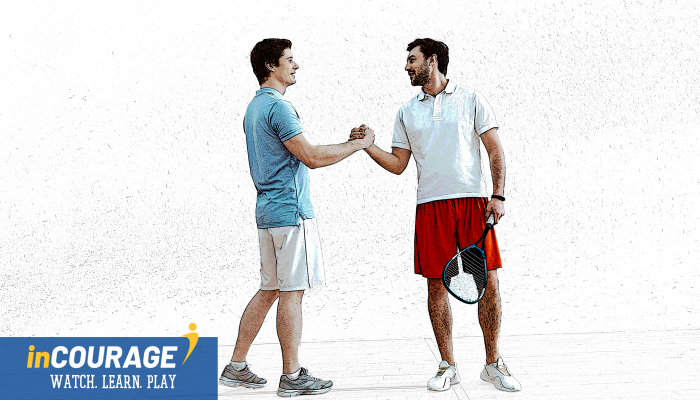
Highlight Reel: Rather than seeing each other as competition, parents and coaches can work together to build a positive sports culture that benefits everyone on the team.

“Sorry, I’ve got to go deal with this parent.”
“I’ll be late – I have to handle this situation with the coach.”
Many parent/coach interactions fall under the label of “handling” or “dealing with” each other. And those word choices say a lot: These aren’t the words you use when you’re talking about something you’re excited to do. It’s a chore, it’s an annoyance, and the person you’re interacting with is a nuisance at best and the bane of your existence at worst. Luckily, the parent/coach relationship doesn’t have to be this way. It can be a productive, even positive, partnership if both sides are willing to consider their attitudes and behaviors toward each other.
Parents and coaches are on the same team, not competing against each other. You both want the same things. You want the kids you care about to experience feelings of success, shared accomplishment through teamwork, and learn life lessons through sport. And you each have a distinct role to play.
Here are some tips to change your parent/coach interactions from deal breakers to game changers:
For Parents

Start out on the right foot with your child’s coach by making early, positive contact with them. Your role as a parent is to offer assistance where needed and to establish and maintain a positive connection with the coach. Remember that the coach spends a significant amount of time with your child. It’s important that you get to know their expectations and their staff so you can work together to meet your child’s needs. Some days it can be hard to keep your perspective. What’s really at stake? Not a game or a scholarship, but a positive experience for your kids.
Follow these quick tips to bring peace to the process:
Say what: If a coach provides a chain of command for all communication, follow it. If they don’t provide one, reach out and ask what the best way is to contact them.
Act like a parent, not a fan: It’s hard to keep your emotions in check when your kid is on the field, but anger and yelling don’t make anyone’s game experience better. Remember that your kids are playing sports to have fun, improve their skills and make friends, not to listen to you yelling from the sidelines.
Embrace your role as support: Whether you’re one of the chauffeurs, cheerleaders, orange slice slingers, or uniform cleaners, play your role with the same enthusiasm you want your kid to bring to their role on the team.
For Coaches

Successful coaches often develop strong relationships with their athletes — and their families. From your first meeting, you should define ways parents can be involved throughout the season.
Follow these tips to turn overeager parents into your best partners.
Speak the same language: Today’s sports parents have a very involved role in their child’s life. The best way for you to manage their high expectations, as well as the pressure they put on their child — and even their unsolicited coaching advice — is to keep an open line of communication and clearly establish appropriate roles for them, their kids and you at the beginning of the season. Remain calm, professional, approachable and understanding in every conversation and don’t forget that, just like their kids, they need to know your expectations to be able to meet them.
Put me in, teach: Approach your relationships with your team parents the same way you approach your relationships with your team members; teach the parents the behaviors that you expect from them, demonstrate these values in your own actions, and give them specific activities they can do to be helpful participants in your culture.

Do as I say, and as I do: If you want parents to be respectful and supportive from the bleachers, lead by example. Even on bad days (maybe especially on bad days) be respectful toward referees and supportive of every player. Sometimes it can be hard to keep the focus on what’s really at stake: Not a game or a scholarship, but a positive experience for your kids.
Parents are here to support their children and coaches are here to guide their players. A strong, mutually respectful relationship with each other is an important part of building a positive culture. This won’t necessarily be a quick or easy change, but if we adults do our part and treat each other with appreciation, not aggression, we can create a place for kids to grow, develop and have fun.
Learn more. inCourage delivers research-based solutions for improving the culture of youth sports. Our engaging videos and informative educational resources are available for free to anyone who wants to create better communications and outcomes to keep kids happy, healthy, and in the game.
We provide these tools for free because we believe there should be no barriers to accessing the tools we need to improve the culture of youth sports and keep more kids in the game.



